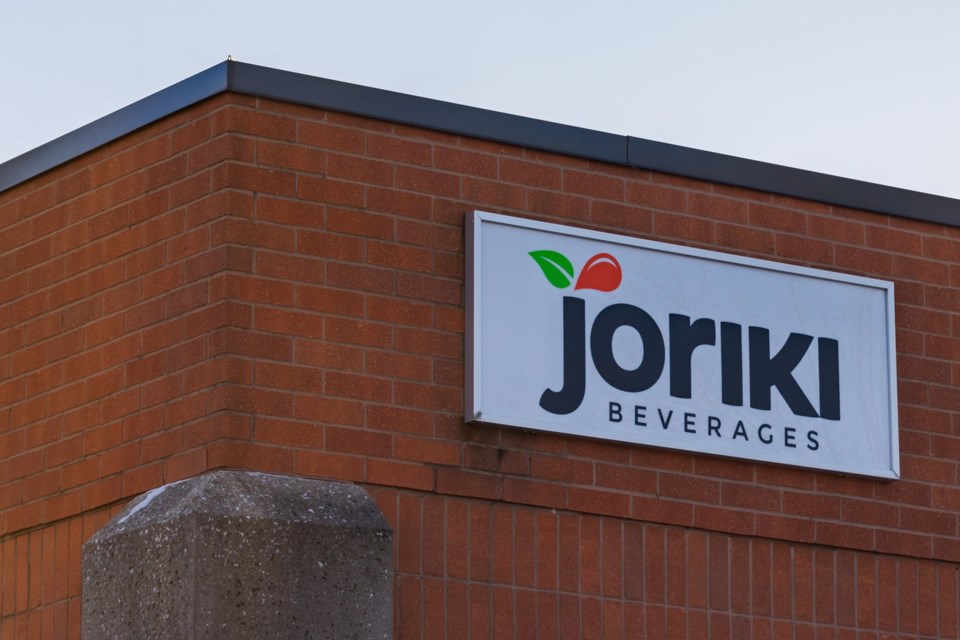TORONTO — The Canadian company that processed plant-based milk linked to a deadly listeria outbreak is looking to sell two of its facilities while it liquidates the Pickering, Ont., location where the outbreak originated.
Toronto-based Joriki, which was granted court protection under the Companies’ Creditors Arrangement Act last week, saw its revenue fall due in part to the loss of key customers after several plant-based milks it manufactured under the Silk and Great Value brands were recalled.
The Canadian Food Inspection Agency said the Pickering plant was the source of a listeria outbreak that infected at least 20 people across the country and led to three deaths between August 2023 and July 2024.
After the CFIA publicly identified Joriki's Pickering facility as the manufacturer of the recalled products, some customers suspended production at the facility and it was idled, said chief financial officer Michael Devon in an affidavit as part of the company's application for CCAA protection.
The facility's two largest customers pulled out of the plant to seek new suppliers, he said.
Meanwhile, some customers paused production at the Delta, B.C., location, he said.
In November, the largest customer at the Toronto facility gave notice that they would be terminating their contract.
Joriki ceased business operations and on the last day of 2024 laid off almost all of its employees and has been unable to pay them severance, the documents show.
Prior to that, it had about 565 full-time and temporary employees, according to the documents, about 337 of whom were employed by Joriki Canada.
Devon said that Joriki has potential buyers for turnkey sales of its Toronto and Delta facilities, noting some of its customers rely on those facilities.
Joriki was founded in 1991 and expanded into B.C. in 2010, according to Devon. In 2022, it began work on its U.S. production facility.
But the court documents show that challenges with Joriki’s expansion into the U.S. made the company more vulnerable to the financial hit caused by the outbreak.
Devon said delays and cost overruns on its new Pittston, Pa., site had led to significant losses, and Joriki struggled to generate a profit in recent years primarily due to the new facility.
The company had a turnaround plan for the Pittston plant with additional financing, but that was derailed by the strain of the recall, Devon said. The company had to turn its attention to the fallout from the recall and could not make the planned capital improvements to the Pittston plant, so its losses continued to mount.
He said Joriki's U.S. subsidiary filed a petition under Chapter 7 of the United States Bankruptcy Code this month.
The company is facing a class-action lawsuit launched in Quebec which has not yet been certified.
This report by The Canadian Press was first published Feb. 4, 2025.
The Canadian Press

